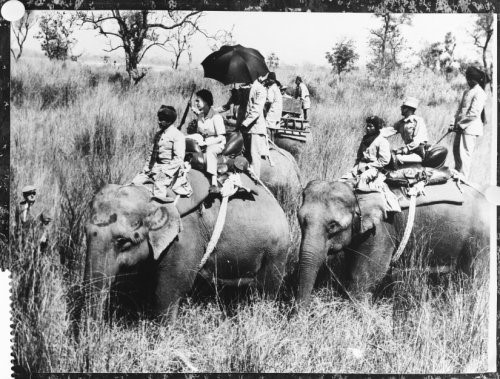
Deadline for abstract submissions: November 1, 2020
Name of organisation: Dutch Centre for Travel Writing Studies, Leiden University Centre for the Arts in Society (LUCAS)
Contact email: r.a.m.honings@hum.leidenuniv.nl
Apart from humans, animals play a pivotal role in travel literature. The way in which they are represented in texts, however, can vary from living companion to metaphorical entity. The relevance and value of studies into the representation of animals in travel writing has recently been emphasised by Elizabeth Leane in her chapter ‘Animals’ in The Routledge Research Companion to Travel Writing (2019). She argues that the ‘animal turn’ can provide new insights for travel writing studies. Existing studies mainly focus on the representation of conventional or unconventional roles that are assigned to animals from around the Napoleonic age until now, roles that have been subject to change and that tell us a lot about human reflections on encounters with non-human creatures and the position of man in this rapidly changing world.
What roles do animals play in Dutch travel literature from 1800 to the present? The Dutch Centre for Travel Writing Studies invites scholars to think of possible answers to this question, that will be collected in the Centre’s first volume, in which we aim to challenge dominant perspectives on Dutch travel literature and provide new insights into the relationships between man and animals, in textual expressions as well as in real life.
Answers can be informed by such disciplines as post-humanism, ecocriticism or tourism studies and may focus on the roles animals play in modern travel writings by Dutch authors, such as a role as a(n):
- (travel) companion;
- means of transport or instruments;
- food;
- form of sacrifice;
- pet;
- metaphor;
- clothing;
- guard or protector;
- enemy;
- prey;
- example;
- holy being or quest-object;
- etc.
The volume will be published by Leiden University Press. Papers should not exceed the word limit (8000 words, bibliography not included). Style: Chicago.
Please submit abstracts by email by November 15, 2020. Word limit: 350 words, including a short CV.
If you have any questions, don’t hesitate to contact us at: r.a.m.honings@hum.leidenuniv.nl.
Laat een reactie achter